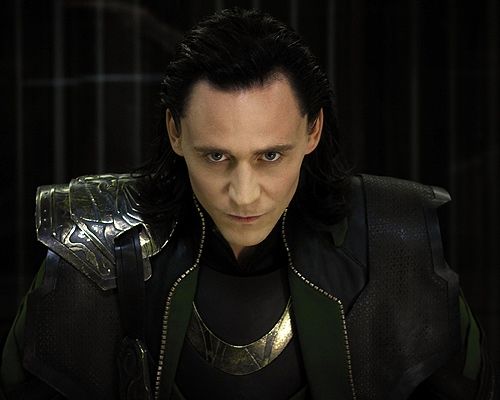Don’t let the previous weeks of writerly pontification on heroes fool you.
I love a good villain.

I’ve discussed in the past how even the shittiest human beings we love to hate are still human beings. But the ones I love to hate are not my favorite villains. Like a hero’s growth, a villain’s gains (and their tantrums) have to be earned. And often, to earn these things, the villain has to earn at least some measure of our sympathy and understanding.
The most effective ones do so through charm and guile. You might even know they’re the villain at first. They may come across as a confidant, or even begin the tale as a trusted friend. If they begin in this way, and maintain what makes them sympathetic to both the hero and the reader, they grow much more effective. They draw us in, make us interested in what’s to come, and their betrayals and extreme measures cut even more deeply.
Expected or no, many great villains are best described as “masterminds”. They do not always take the direct approach to achieve their goals. They set their plans in motion carefully, sometimes before the story even begins. Their plans may not always have noble roots, but they often make logical sense, at least to them. They take steps carefully, following meticulous outlines, and trying to anticipate any moves a would-be hero would make. These things take time, and the best villanous plans only get better as they go on, like fine wine getting better with age.
Some masterminds let their henchmen do all of the dirty work, but others like to get into the thick of things themselves. Be it due to the belief that henchmen will never get it right, or simply wanting to ensure the plans come to fruition, they are there amongst both their lackeys and the innocent, overseeing the goings-on, sowing a little discord, perhaps trying to woo the heroes’ loved ones over to their side. This is where we can draw true distinctions between villainous archetypes, the true multi-faceted schemers from the more single-minded but occasionally far more frightening demagogues.

There are some who would accuse stories based on comic books of being simplistic, simple-minded, or even outright dumb. In same cases, I would be hard-pressed to argue. But lately, more than a few of these stories have given us villains in the mold I’ve discussed. While my initial impression of him was less than favorable, the Marvel movies’ take on Loki has really grown on me. Repeated viewings of Thor reveal one of the multi-faceted schemers I was talking about. Even when his true nature becomes apparent, he doesn’t necessarily fly off the handle as some megalomaniacs might. His move against Asgard in general and Odin in particular is calculated; he only truly loses his cool when he makes the dumb decision of sending the Destroyer after his brother. But that’s a discussion for another time. Suffice it to say, The Avengers definitely makes Loki a better villain and even improves his previous showing, and I can’t wait to see him in Thor: The Dark World.
As much as I still believe Bane is, as I’ve said, “Darth Vader without the pathos,” he is still an extremely effective villain in his own right. True, the scheme he’s executing in The Dark Knight Rises is not of his own making; yes, the reveal at the end undercuts a portion of his ideology. He was still presented and portrayed in a way that made him both memorable and fascinating. It’s been pointed out to me that Bane is a very deliberate and implacable sort of character. The gait of his steady walk, that little bit of swagger, the stare from behind his arcane mask – all of this adds up to someone you do NOT want to see walking towards you. What I like most about Bane is how effectively and systematically he tears down both our hero and the city that hero serves, bearing out the observations made by the Joker. In a way, Nolan’s Batman films are all about fear. Scarecrow exploited fear; the Joker created fear all his own; Bane is pretty much the personification of it. Take another look at the scene where Bane confronts Daggit, the corporate sleaze who thought to use Bane to take over Wayne Enterprises. Watch the expression on Daggit’s face when Bane lays his hand gently on the douchebag’s shoulder, and simply says, “Do you feel in charge?”
Villainy like this excites me. I love seeing the bad guys work with intelligence and guile, executing plans that, from their perspective, make sense. It makes the hero work harder, stumble, maybe even fall. This causes an even more rewarding apotheosis, because in most cases, a hero’s fall is followed by their rise from the ashes. And the best villains cause the greatest of falls. The hero and their struggles may be the meat and potatoes of your story, but if you want to get the most out of it, pair that hero with a fine villain the way you’d pair that meal with a fine wine.


this way of describing villains ia spectaculaur!!!!!